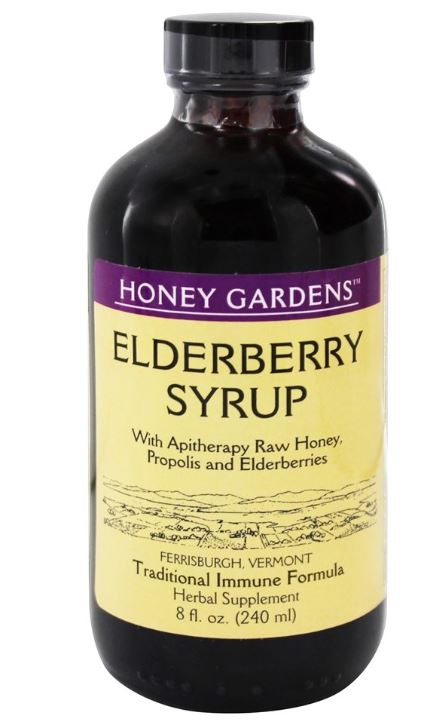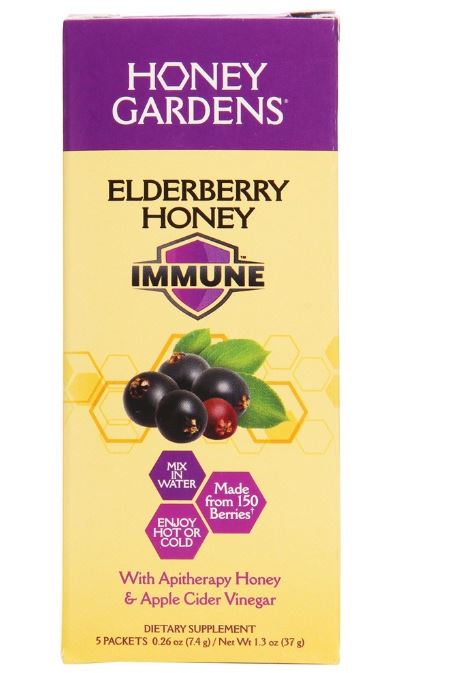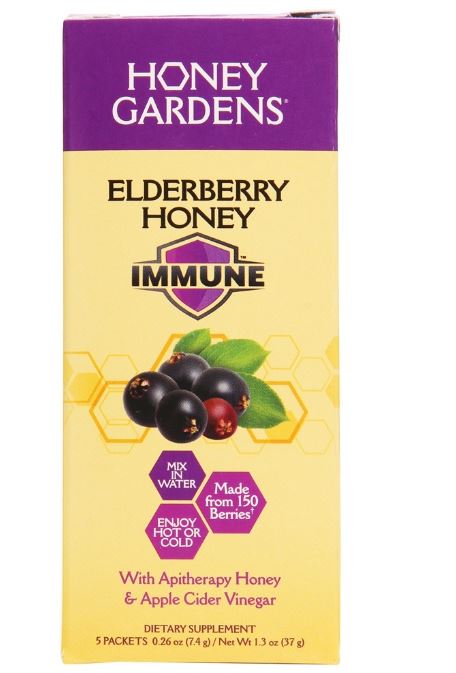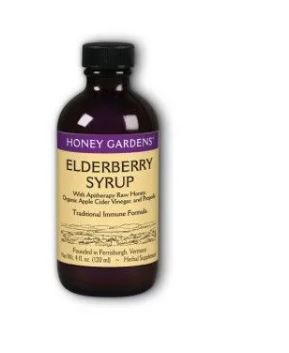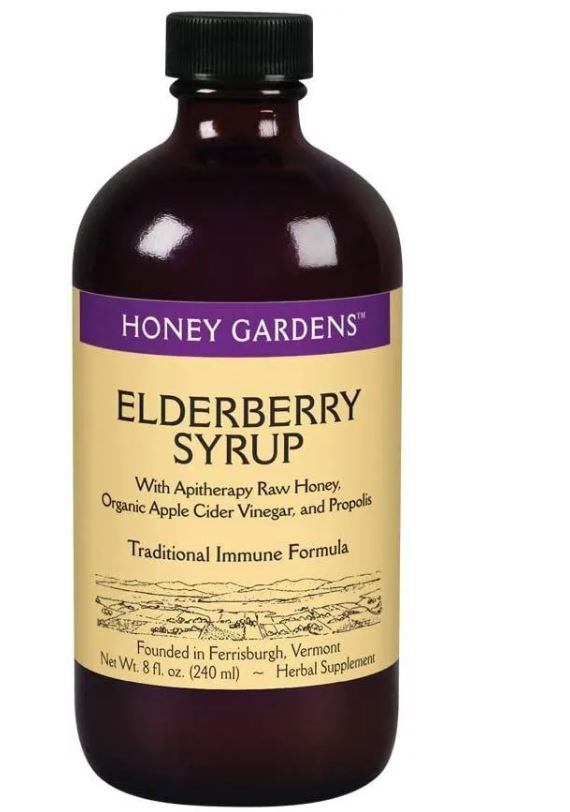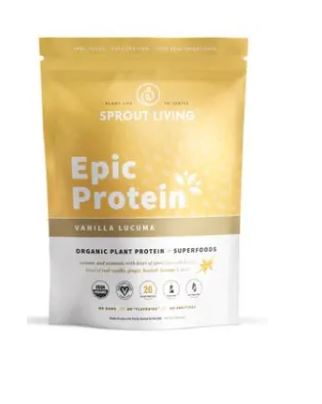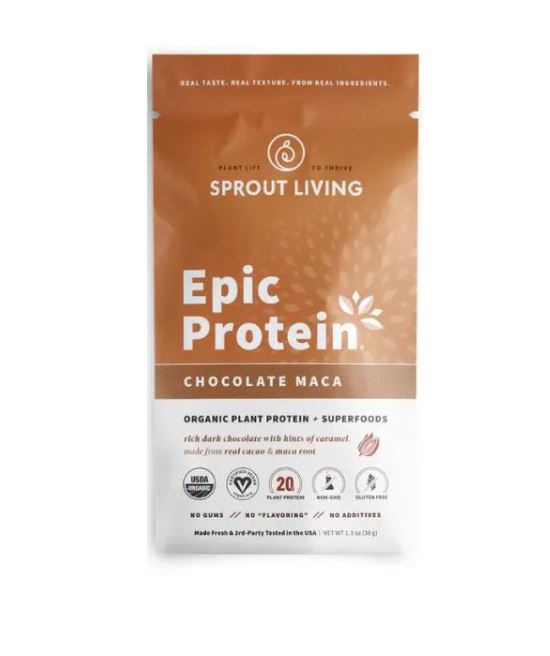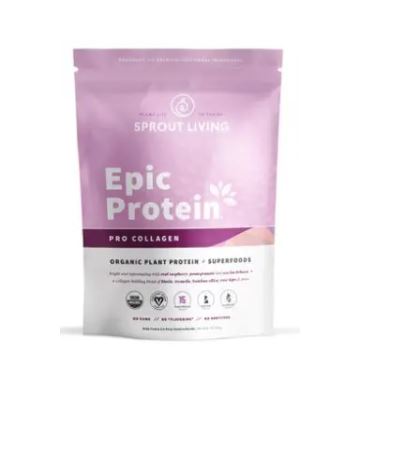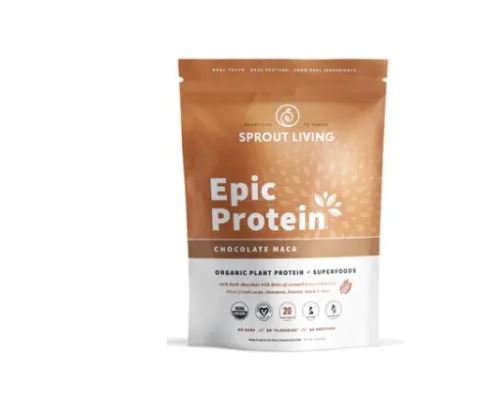Honey Gardens
114 Products
Raw, natural, and delicious are ways to describe the honey products from Honey Gardens Apiaries. While a lot of honey sold today comes from sources outside the USA, this company uses only honey from American apiaries.
Read more


- ₹ 0 - ₹ 3,080
- ₹ 0 - ₹ 3,080
- CLEAR ALL
-
Honey Gardens Elderberry Syrup Extract with Propolis - 8 fl. oz.21.99
$23.39($1.37/serving)Save 5.9854638734502$21.99$23.39(₹1.37/serving)-
In Stock Ships within 24 hours
-
25 Points Lucky Rewards
One-time PurchaseSubscribe to Save 10%Deliver -
-
Honey Gardens Elderberry Honey Immune Drink Mix Powder - 5 Packet(s)7.54
$11.99($1.51/serving)Save 37.114261884904$7.54$11.99(₹1.51/serving)-
In Stock Ships within 24 hours
-
25 Points Lucky Rewards
One-time PurchaseSubscribe to Save 10%Deliver -
-
Honey Gardens Elderberry Honey Immune Drink Mix Powder - 5 Packet(s)7.54
$11.99($1.51/serving)Save 37.114261884904$7.54$11.99(₹1.51/serving)-
In Stock Ships within 24 hours
-
25 Points Lucky Rewards
One-time PurchaseSubscribe to Save 10%Deliver -
-
Honey Gardens Honey Gardens Elderberry Honey Syrup, 4 fl. oz.11.49
$14.36Save 19.986072423398$11.49$14.36-
In Stock Ships within 24 hours
-
25 Points Lucky Rewards
One-time PurchaseSubscribe to Save 10%Deliver -
-
Honey Gardens Honey Gardens Elderberry Honey Syrup, 8 fl. oz.21.99
$24.43Save 9.9877200163733$21.99$24.43-
In Stock Ships within 24 hours
-
25 Points Lucky Rewards
One-time PurchaseSubscribe to Save 10%Deliver -
Honey Gardens
Honey Gardens Brings the Goodness of Raw Honey to Their Customers
Raw, natural, and delicious are ways to describe the honey products from Honey Gardens Apiaries. While a lot of honey sold today comes from sources outside the USA, this company uses only honey from American apiaries. Honey gathered from wild flowers, aster, and clover find their way from the hive to the table in their products. They even make an “apitherapy” honey range that’s is available in several size containers. This type is not only raw, but unfiltered so that all the enzymes and wellness-boosting trace elements that make honey so valuable are preserved.Honey Gardens Supports Apitherapy, a Valuable Part of Our Food Systems
People have been aware not only of the delicious flavor of honey for thousands of years, but also of honey’s potential health benefits. Honey Gardens Apiaries raw honey is honey just as it comes from the hive and contains the propolis, pollen, and wax that go into making it one of the more valuable natural foods. Their recipes also feature minerals, carbohydrates, and enzymes. Raw honey is also an excellent antibacterial, and has been used since ancient times to help with digestive disorders and respiratory illnesses. Honey Gardens adds raw honey to their blueberry tonic and ginger and elderberry syrups.The Sweet History of Honey Gardens
Todd and Tom are brothers who saw the potential in starting a small apiary in 1965 on their parent’s farm in Vermont. The two not only studied entomology, but worked with established beekeepers to learn how to best take care of bees and their hives. Building their apiary up to 180 hives, and establishing themselves as Honey Gardens, Todd and Tom were soon selling their raw honey in the surrounding areas, creating a following of loyal customers. Because of demand, it was necessary to enlist other natural beekeepers in Vermont and upper New York State. Since that beginning, Honey Gardens has also added valuable tonics, syrups, salves, and sprays, all based on their good friends, the honey bees.Category
284
true
false
0





